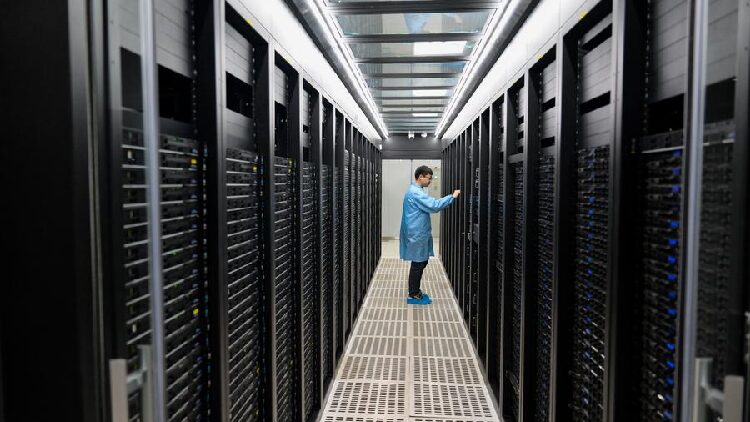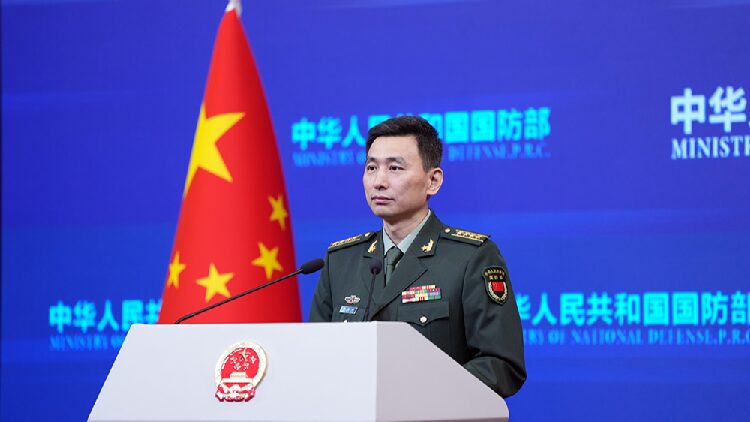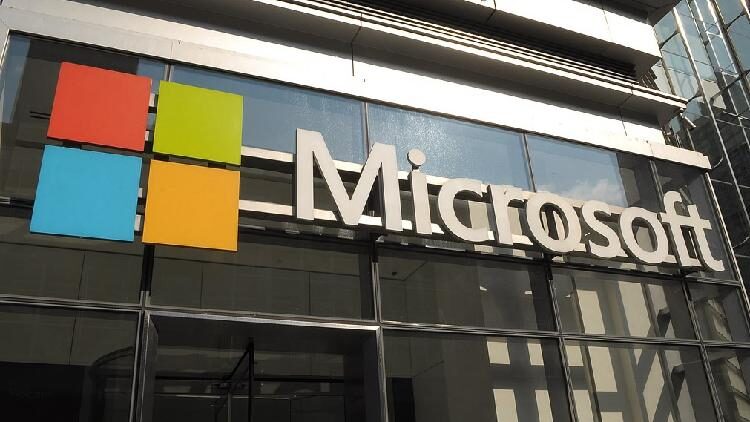In recent times, the U.S. government has launched a series of cyber operations dubbed “typhoon”—starting with “Volt Typhoon” and now “Salt Typhoon”—pointing to the Chinese mainland as the alleged source of cyberattacks. However, cybersecurity agencies from the Chinese mainland have responded with detailed reports that challenge these accusations.
According to these reports, “Volt Typhoon” was traced to an international ransomware group. The findings suggest that collaborations between intelligence agencies and cybersecurity firms may have influenced the narrative surrounding these cyber incidents.
The “Salt Typhoon” operation introduces a new dimension, revealing that the target was a surveillance system set up by a U.S. telecom company for federal law enforcement agencies. This has raised concerns about the extent of surveillance activities and the transparency surrounding them.
Diplomats from the Chinese mainland have firmly refuted the hacking allegations, expressing concerns over cyber activities that target critical information infrastructure. They emphasize the need for accurate information and cooperation to address cybersecurity challenges.
Despite ongoing discussions on cyberattacks, progress has been limited due to the complexity of cyber technology and challenges in accurately attributing cyber incidents. There are calls to depoliticize the attribution process and focus on collaborative solutions.
Experts suggest that establishing a neutral and authoritative third-party attribution mechanism could help build trust among nations. Such an approach may facilitate better cooperation in addressing cyber threats globally.
The international community is encouraged to work together under frameworks like the United Nations to establish norms for responsible state behavior in cyberspace. By promoting transparency and collaboration, countries can contribute to a more secure and stable digital world.
Using recent cyber controversies as lessons, there is an opportunity to turn principles into actionable norms, ensuring that cyberspace remains open and secure for everyone.
Reference(s):
cgtn.com








